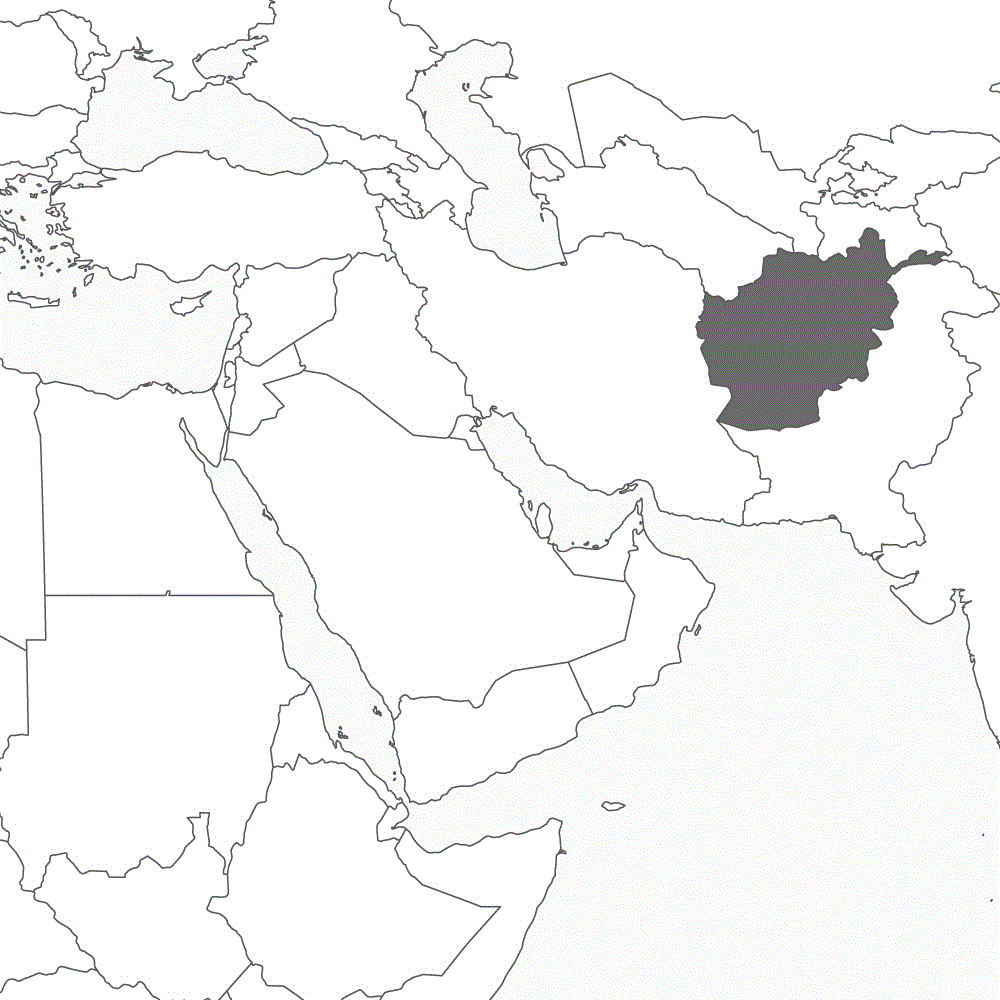German ,,Warlords"in Afghanistan
BERLIN/KUNDUZ Berlin's claim to far reaching control over occupation in Afghanistan leads to friction with the government which has been installed there. The latter complains about the role of the international non-government aid organizations (NGOs) which undermine the authority of the central government. At the same time, a report by the German Institute for Development points out that the civilian German organizations working in Afghanistan are instructed by and collaborate with the German Armed Forces.
The German NGO founder, Rupert Neudeck, who has been reproached for collaboration with Berlin's foreign policy under the guise of ,,human rights"activities, had demanded that the Afghan government grant him far reaching authority for his work with the aid organizations. Consequently, the Afghan minister of planning disclosed that the NGOs don't discuss their projects with his ministry, that they bypass the proper channels for infrastructure planning and violate legal restrictions in many cases. According to the minister, the mode of operation of the NGOs, weakens the government: ,,The warlords are not the only reason that the central government has not yet become sufficiently established outside of Kabul."
,,Civilian-military unit"
Acting like an occupying power, the German military is strengthened by the work of the German aid organizations. According to a study by the Deutsche Institut fuer Entwicklungspolitik (German institute for development aid), ,,the far reaching use of instruments of development as well as humanitarian aid"takes place within the framework of military activities in Afghanistan. For example, in Kunduz German aid workers cooperate closely with the German Federal Armed Forces on the local ,,reconstruction team". With the intention to distance itself from the US model of an officially integrated ,,civilian-military unit", Berlin officially pursues a three-pillar concept of coordinated but formally independent areas (development policy, foreign policy, defense). Nevertheless the German occupying power operates with the ,,integration of military and development policy aid players".
Aid organizations: ,,Force protection"
On one hand the German military contracts development aid policy players directly, e.g. the Gesellschaft fuer Technische Zusammenarbeit (GTZ - corporation for technical cooperation), a world wide German quasi-government corporation which, under the guise of ,,development aid"and ,,international cooperation", builds housing for the German soldiers in Afghanistan. On the other hand, the effort is controlled by the ,,coordination group for the construction of Kunduz"which meets weekly and consists of employees of the Foreign Office, the GTZ, the Kreditanstalt fuer Wiederaufbau (KFW - credit institution for reconstruction), German aid organizations and their locally hired employees. The work of all of these organizations is determined by the German military: The study states that civilian aid measures are only taken for the purpose of direct ,,force protection."
Agents
As to how many secret service activities are ,,integrated"into the efforts of the ,,reconstruction team", the study keeps silent. It is known that the German elite Border Police Group 9 (GSG 9) as well as the German Military Intelligence Service (MAD) which, according to law, may only operate within Germany, performed secret missions in Afghanistan. The German Federal Intelligence Service (BND) has excellent contacts in Afghanistan which serve as a ,,model for the successful federal intelligence foreign policy". According to the statement by the intelligence expert, Erich Schmidt-Eenboom, ,,the two leading ministers of the Karsai government are, at the least, agents of influence if not agents of the Federal Intelligence Service". 1)
Precedent
The authors who, in behalf of the Federal Ministry for Economic Cooperation and Development, performed the study considered the civilian-military convergence in Afghanistan as a model for the future of German development aid policy. They explained that the traditional distance from the military has already been narrowed within the framework of the missions in the Balkans. The strategy now followed in Afghanistan serves as a ,,precedent"which may fundamentally change the future relations between the military and civilian development players.
1) See also earlier article A Perfect Example
Sources:
Die Buerokratiefalle von Kabul; Spiegel online 31.03.2004
Interview mit dem afghanischen Planungsminister ,,Die NGOs schwaechen die Regierung"; Spiegel online 02.04.2004
Stephan Klingebiel/Katja Roehder: Entwicklungspolitisch-militaerische Schnittstellen: Neue Herausforderungen in Krisen und Post-Konflikt-Situationen, Deutsches Institut fuer Entwicklungspolitik (DIE), Berichte und Gutachten Nr. 3/2004; www.die-gdi.de
